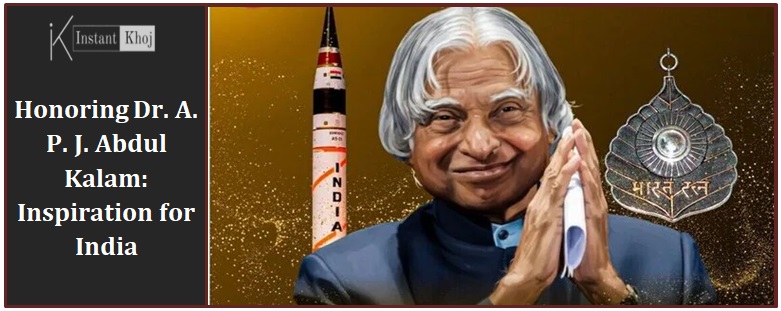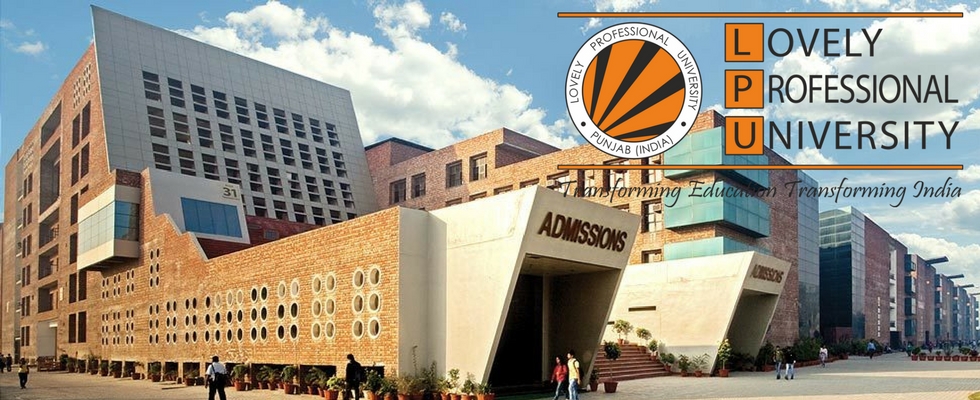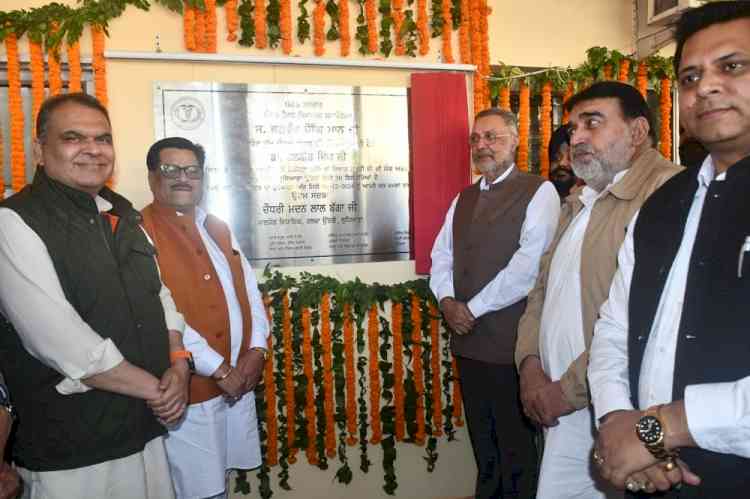Table of Content
Every year on 15 October, India and the world remember one of the most remarkable figures in modern Indian history — Dr. Avul Pakir Jainulabdeen Abdul Kalam, popularly known as Dr. A. P. J. Abdul Kalam. His birth anniversary is not only a day to honor his life and achievements but also celebrated as National Students’ Day in India to inspire young minds. Dr. Kalam’s life story is a beacon of hope, determination, and knowledge for everyone, regardless of age, background, or nationality.
This article provides detailed insight into Dr. Kalam’s life, contributions to science and education, vision for India, and why his birth anniversary inspires millions worldwide.
Early Life and Family Background
Dr. Kalam was born on 15 October 1931 in Rameswaram, Tamil Nadu, India. His father, Jainulabdeen, was a boat owner and imam of a local mosque, while his mother, Ashiamma, was a devoted homemaker. Despite limited financial resources, his family taught him honesty, hard work, and humility.
From a young age, Kalam showed curiosity and love for learning. As a child, he sold newspapers to support his family but never let it interfere with education. His interest in mathematics and science impressed teachers, who encouraged higher studies.
Education Journey
Kalam completed schooling at Schwartz Higher Secondary School, Ramanathapuram. He studied Physics at St. Joseph’s College, Tiruchirappalli, graduating in 1954. Later, he joined Madras Institute of Technology (MIT) for Aerospace Engineering.
Though he aspired to become a pilot, he missed the opportunity in the Indian Air Force. Instead, he focused on contributing to India’s defense and space programs.
Career in Science and Technology
Dr. Kalam began with DRDO in 1958, then joined ISRO in 1969.
He played a key role in India’s first Satellite Launch Vehicle (SLV-III), deploying the Rohini Satellite in 1980. Known as the “Missile Man of India,” he led the Integrated Guided Missile Development Programme (IGMDP), creating missiles like Agni, Prithvi, Akash, Nag, and Trishul. He also contributed to India’s Pokhran-II nuclear tests in 1998.
Presidency and People’s President
In 2002, Kalam became the 11th President of India, serving until 2007. Known for simplicity and humility, he engaged with students, teachers, and citizens, earning the title “People’s President.” He emphasized education, youth empowerment, and scientific innovation.
Vision for India
Dr. Kalam’s vision, “India 2020”, focused on:
- Education and Knowledge Empowerment
- Technological Self-Reliance
- Economic Growth through Innovation
- Rural Development and Connectivity
- National Security and Peace
He often stated: “The youth of today are the leaders of tomorrow.”
Books and Writings
- Wings of Fire – Autobiography
- Ignited Minds – Inspiring Indian youth
- India 2020 – Vision for a developed India
- My Journey – Personal experiences
- Inspiring Thoughts – Collection of quotes and lessons
National Students’ Day
India celebrates 15 October as National Students’ Day to honor Kalam’s dedication to education. Schools organize debates, essay competitions, and lectures to inspire creativity and innovation.
Awards and Recognitions
- Bharat Ratna (1997)
- Padma Vibhushan (1990)
- Padma Bhushan (1981)
- King Charles II Medal (UK, 2007)
- Honorary doctorates from 40+ universities worldwide
Final Years and Legacy
After his presidency, Kalam continued interacting with students. He passed away on 27 July 2015 while delivering a lecture at IIM Shillong. His teachings, books, and vision continue to inspire millions.
Famous Quotes by Dr. Kalam
- “You have to dream before your dreams can come true.”
- “Excellence happens not by accident. It is a process.”
- “Don’t take rest after your first victory because if you fail in second, more lips are waiting to say that your first victory was just luck.”
- “Let us sacrifice our today so that our children can have a better tomorrow.”
- “Man needs his difficulties because they are necessary to enjoy success.”
FAQs about Dr. A. P. J. Abdul Kalam
Q1. Why is Dr. Kalam called the “Missile Man of India”?
A: For his role in developing India’s missile programs like Agni and Prithvi.
Q2. Significance of his birth anniversary?
A: 15 October honors his life and contributions; also National Students’ Day in India.
Q3. Did he come from a wealthy family?
A: No, he came from a humble background in Rameswaram.
Q4. Message to students?
A: Dream big, pursue education, work hard, and serve the nation.
Q5. Vision for India?
A: India as a developed nation by 2020; focus on education, technology, innovation, and rural development.
Q6. When did Dr. Kalam die?
A: 27 July 2015 at IIM Shillong due to cardiac arrest.
Conclusion
Dr. A. P. J. Abdul Kalam’s birth anniversary is a celebration of dreams, knowledge, and inspiration. By honoring him and National Students’ Day, we motivate ourselves and future generations to dream big, work hard, and contribute positively to society. His words, life, and vision continue to guide students and citizens worldwide.
Also Read:
RBI Keeps Repo Rate Unchanged at 5.5%: What It Means for You
YouTube Premium Lite India Launch — Affordable Ad-Free Plan
Follow Blog’son Instantkhoj for more latest stories and trending topics.




